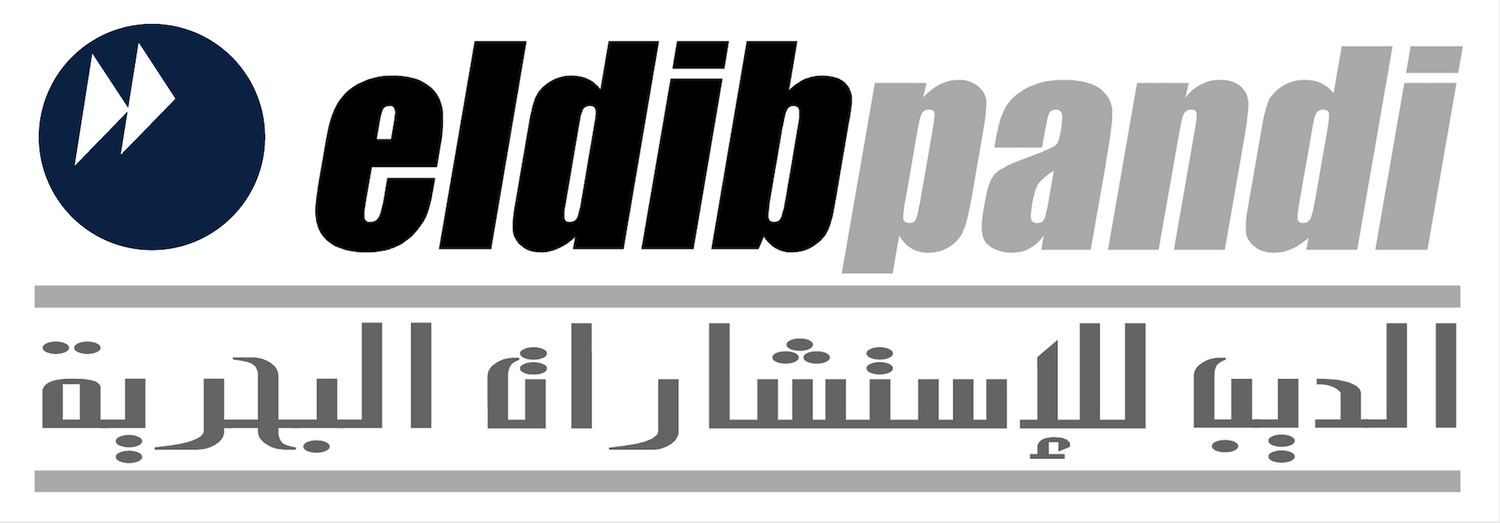Recommendations when calling Egyptian Waterways and Ports
As global trade slowly begins to pick up to pre-covid numbers and bunker prices continue to fluctuate, one thing is for certain, the uptick of port activity will soon be back to full capacity—and the Suez Canal will be recording record transits in response to reducing transit times and delays.
On that note, as per the Suez Canal latest Statistics issued in June 2022 the Suez Canal has logged the largest number of transits so far for this year, with around 61.2 vessels transiting per day in June. With that being said and in light of the higher traffic in the Suez Canal, as well as the congestions at different ports across Egypt, the potential risk of collisions/allisions, especially in the Alexandria ports (which include El Dekheila, Abu Qir and Alexandria Ports) Damietta, Port Said and Suez need to be taken into consideration and precautionary measures should be outlined. A number of quays in the aforementioned ports have been rehabilitated and new berths have been added, and with such developments we have prepared the below information which we hope Members will find of assistance when it comes to planning precautionary measures when calling Egyptian waterways:
1- The main problem larger vessels face when calling Egyptian ports are the vessel’s draughts and possibility of grounding if berthed at different designated berths. Pontoons are available to allow deeper draught vessels to commence discharge even if the berth draught is insufficient, but with the progress of the discharge, the vessel’s draught will allow a safe berthing on the designated quay – prior to berthing we recommend collecting all the correct data related to the nominated berth as quays’ draughts are not always as declared by the port due to sediments and therefore, precautionary soundings of berths may be needed specially when the vessel draught is quite near to the quay declared draught. Also, should it further be required, after precautionary sounding surveys, members should arrange with the local agents to prepare the necessary pontoons to avoid vessels touching the seabed.
2- Productive cooperation has to be established between the members, the agents and if required, the club’s correspondent to allow bridging any differences when vessels call Egyptian waterways. The main point here is for members to choose a competent agent—as listed correspondents we would be happy to provide a shortlist of agents across the various ports that have a high understanding of the needs of IG members.
3- A number of cargoes are available to be discharged at anchorage area including wood, grains (wheat and maize) and coke [coal]- it is recommended that precautionary monitoring and tall surveys are carried out in order to avoid any issued such as shortage and/or damage discrepancies.
4- During the waiting time at anchorage area, watchmen and crew have to exercise care and in case they notice any vessel approaching or not maintaining a safe distance, the master has to call the port authority to assist—it is recommended that vessel masters also get in touch with local agents and P&I correspondents in order to communicate the vessel’s advice to the port authority and relaying port authority’s feedback.
5- As some ports do not have proper breakwaters in place, the expose vessels at berthed at quays to the rough currents of the open sea—it is recommended to place extra fenders as an option, if available onboard to avoid the vessel touching the quay/fenders causing damage to both the vessel and property.
6- Repairs onboard a vessel need to be completed with utmost precaution in order not to face any sort of claims from the competent port authority—during the waiting time at anchorage area and during stay at the berth, it is not recommended to conduct any welding, hose tests and cleaning up of the vessels’ decks and hulls.
Should there be any further recommendations that we find relevant and beneficial to members in order to protect their interests when calling and completing operations at Egyptian ports, we will make sure to update the clubs with the same.
We hope the above recommendations which we have discussed internally between members of our team and with experienced surveyors are of use and in case any further assistance is required, our 24/7 mobile service is always available for members to contact our team. Please do not hesitate to reach out to our teams for any further clarifications or queries.
